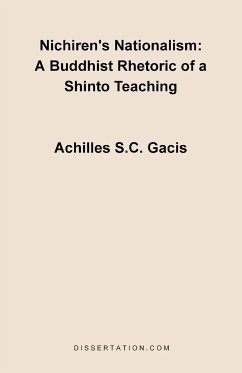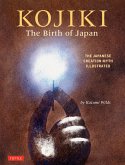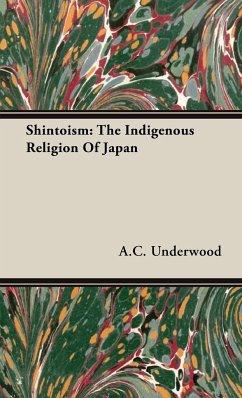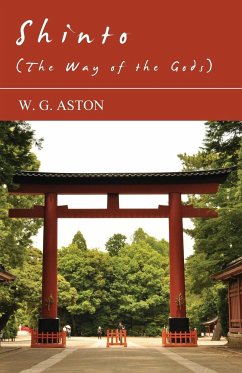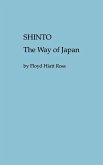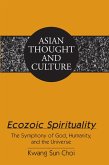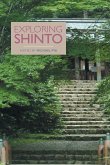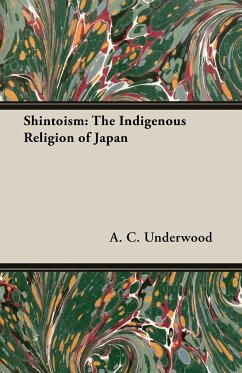Chapter One, "Religion and Nationalism in Early Kamakura Society" introduces the issues that affected the nation in the early Kamakura period. The first section points out the historical background of the time that was considered to be a spiritually significant age according to Buddhist chronology. The next section on the "Religious Answers to National Problems" provides a prelude to how the indigenous religious tradition of Shinto attempted to define its leaders and their right to rule as well as the divine protection that was to be given them by the native deities. The imported Buddhist teachings provided a new perspective to the national problems through an examination of existing conditions as possibly being consequences of immoral acts. The various characteristics of the teachings of the most prominent Buddhist leaders of the early Kamakura period are introduced in the next section of "Buddhism: Kamakura's Five Reformers." In the following four sections ("Honen," "Eisai," "Shinran," and "Dogen"), a few specifics on the differences and similarities of the nationalistic perspectives of the first four Buddhist reformers are examined. Chapter Two, "Nichiren," looks at the particulars in the fifth reformer's life that can help to clarify his approach toward providing a viable solution for the nation's problems. This is done by examining his life as being the product of "A Buddhist-Shinto Fusion." In this chapter I argue that Nichiren's upbringing and lifelong exposure to the indigenous tradition of Shinto (which emphasized the divine nature of Japan) provided an ethno-spiritual nationalistic element to his Buddhist teaching (which stressed complete faith in his interpretation of the message and meaning of the Lotus Sutra). Chapter Three surveys the "Nationalism in Nichiren's Writings" by examining the methodology that Nichiren used in propagating his teachings. One of his principles for conversion was shakubuku, which he supported by referring to scripture. His political aspirations through the use of religion are examined in the next section. Nichiren's affirmation of Shinto is presented in a comparison and contrast of his Budddhist teachings to his Shinto activities. Finally, I conclude with some reflection on how Nichiren was primarily a Shinto influenced nationalist who supported his views with Buddhist teaching and how this imported religion (Buddhism) was made Japanese by its interdigitation with Shinto.
Hinweis: Dieser Artikel kann nur an eine deutsche Lieferadresse ausgeliefert werden.
Hinweis: Dieser Artikel kann nur an eine deutsche Lieferadresse ausgeliefert werden.

